In Austin, going out to see a band is not just an excuse to have drinks.
“This is a musicians’ town,” says Caleb Campaigne, the official Insider at W Austin Hotel; he’s a sort of concierge of coolness, whose job includes steering guests toward the best live music in the state capital. “Musicians know that the audience is going to be appreciative—but also prepared. Even if you’re a smaller band, folks are going to have done their research and know who you are.”
That high bar for excellence made Austin a shoo-in for the top 3 of America’s best music scenes, according to Travel+Leisure readers. In the latest America’s Favorite Cities survey, readers ranked 38 major metropolitan areas for the best cuisine, most interesting shopping and even the nerdiest locals. Readers also ranked the cities for their music scenes—whether that means indie rockers in crowded bars, symphonies in state-of-the-art concert halls or renowned banjo bands that still play the local Elks Lodge.
Across the top 25, one can find the birthplaces of legendary music styles and landmark venues—as well as an ever-changing landscape of live music options. We also found plenty of non-performance-based musical diversions, whether that means shopping for vintage guitars in Chicago or eating at Elvis’s favorite pizza parlor in Memphis.
After all, the best musical scenes reflect the spirit of the city behind it. “Austin is inspired in everything it does—from ice cream to boots and botanical nurseries,” says Campaigne. Even the city’s notorious traffic can have a musical upside: “It’s just a little more time,” he says, “to rock out before arriving at your destination.”
No. 1 Nashville
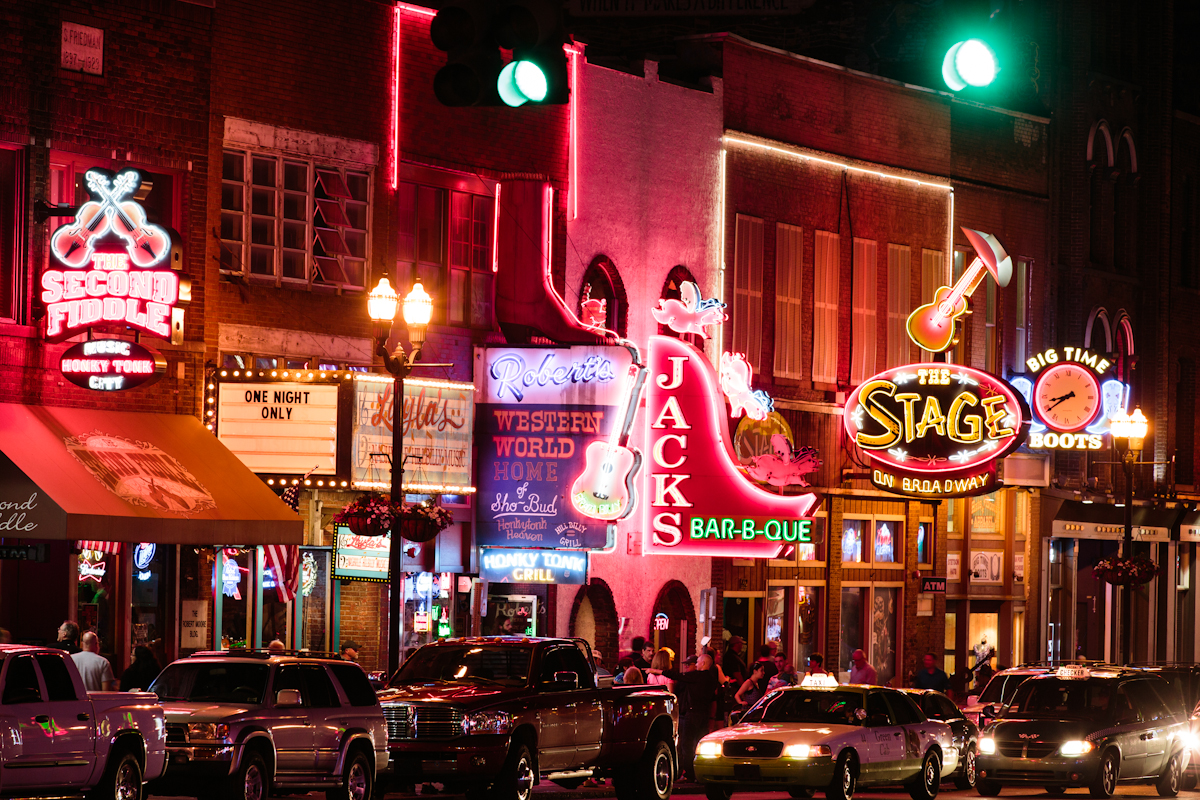
The world is truly a stage in Music City, where live acts perform anywhere from the Grand Ole Opry to honky tonks and corner markets (like Puckett’s Grocery). True-blue country fans still love the Lower Broadway classics—Tootsie’s and Robert’s Western World—and the songwriters’ haven Bluebird Cafe. But as Nashville has expanded beyond its rhinestone-studded culture, other less-twangy venues have joined the must-stop list, like Mercy Lounge and East Nashville’s 5 Spot. One of the latest hot venues also fits with the city’s high gourmand rankings: City Winery on South Broadway has a 300-seat venue, a restaurant and a wine-tasting room, featuring 14 house-made tap wines. If you want to talk music with the locals, don’t be shy: they also ranked as the friendliest people in the U.S.
No. 2 Austin
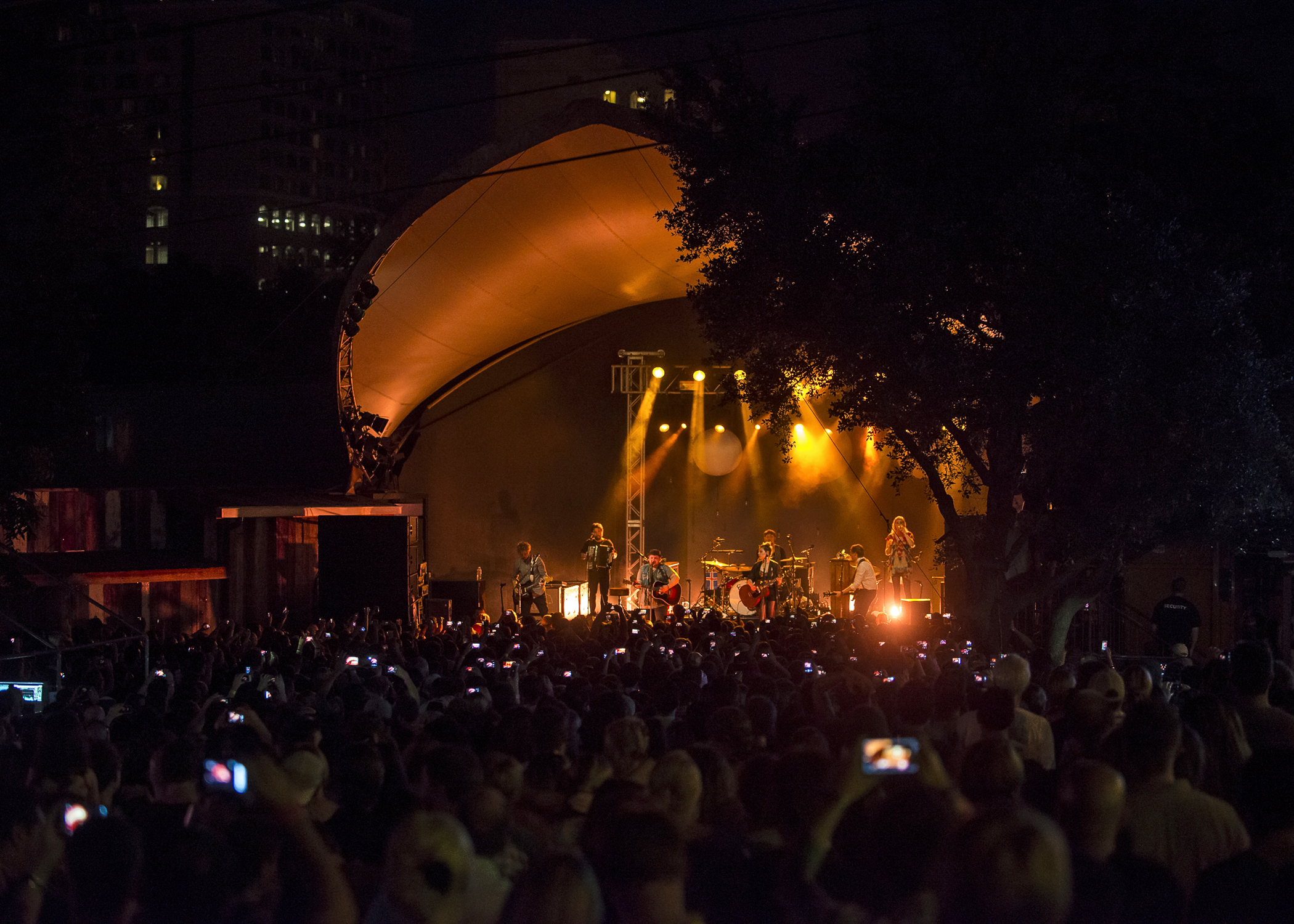
The city that once launched Janis Joplin, Willie Nelson, and Steve Ray Vaughan may be best known, these days, for its annual music-and-tech festival South by Southwest. If you find SXSW too crowded, though, you can catch excellent shows year-round at the Moody Theater (where they tape the TV series Austin City Limits), at clubs along South Congress (like Continental Club or C Boy’s Heart & Soul), or the brisket-fueled Sunday Gospel Brunch at Stubbs BBQ. Austin also scored well in the survey for feeling safe; one reason may be that, at beloved music store Waterloo Records, you can still listen to an album before buying it.
No. 3 New Orleans
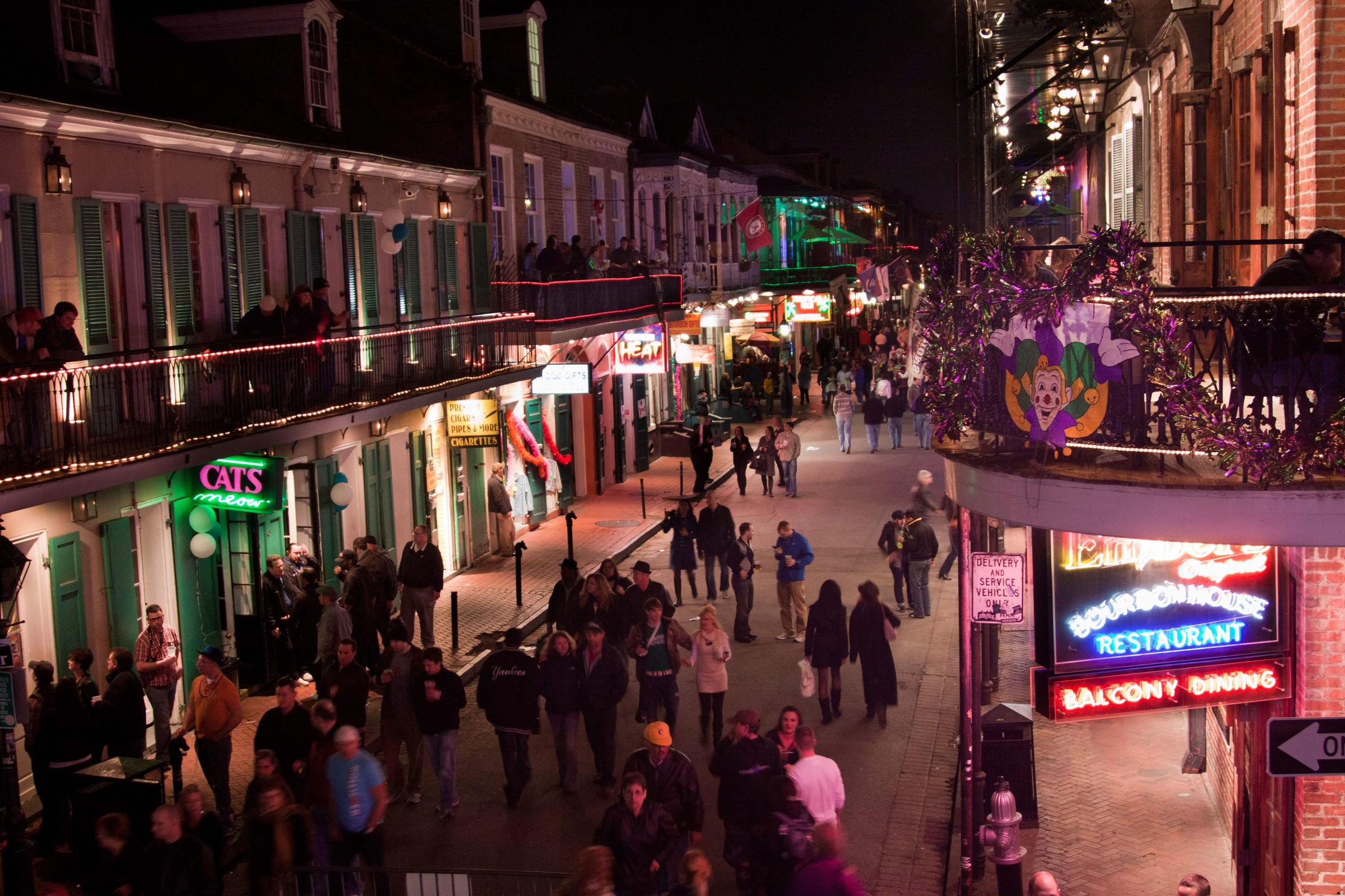
As the birthplace of jazz—and arguably the world’s greatest purveyor of zydeco, Cajun music and even hip-hop-influenced Bounce—New Orleans makes loving music both easy and easily accessible. Most venues here don’t charge a cover, and if you need musical guidance, you can always seek help at the New Orleans Jazz National Park, an NPS-funded visitors center in the French Market. To bask in the music away from tourist crowds, go to Frenchmen Street—with spots like The Spotted Cat, Blue Nile, Maison or Snug Harbor. New Orleans is also the No. 1 city for festivals—like June’s Cajun & Zydeco Festival, July’s Louis-Armstrong-celebrating Satchmo Summerfest and fall’s VooDoo Music Experience.
No. 4 Cleveland
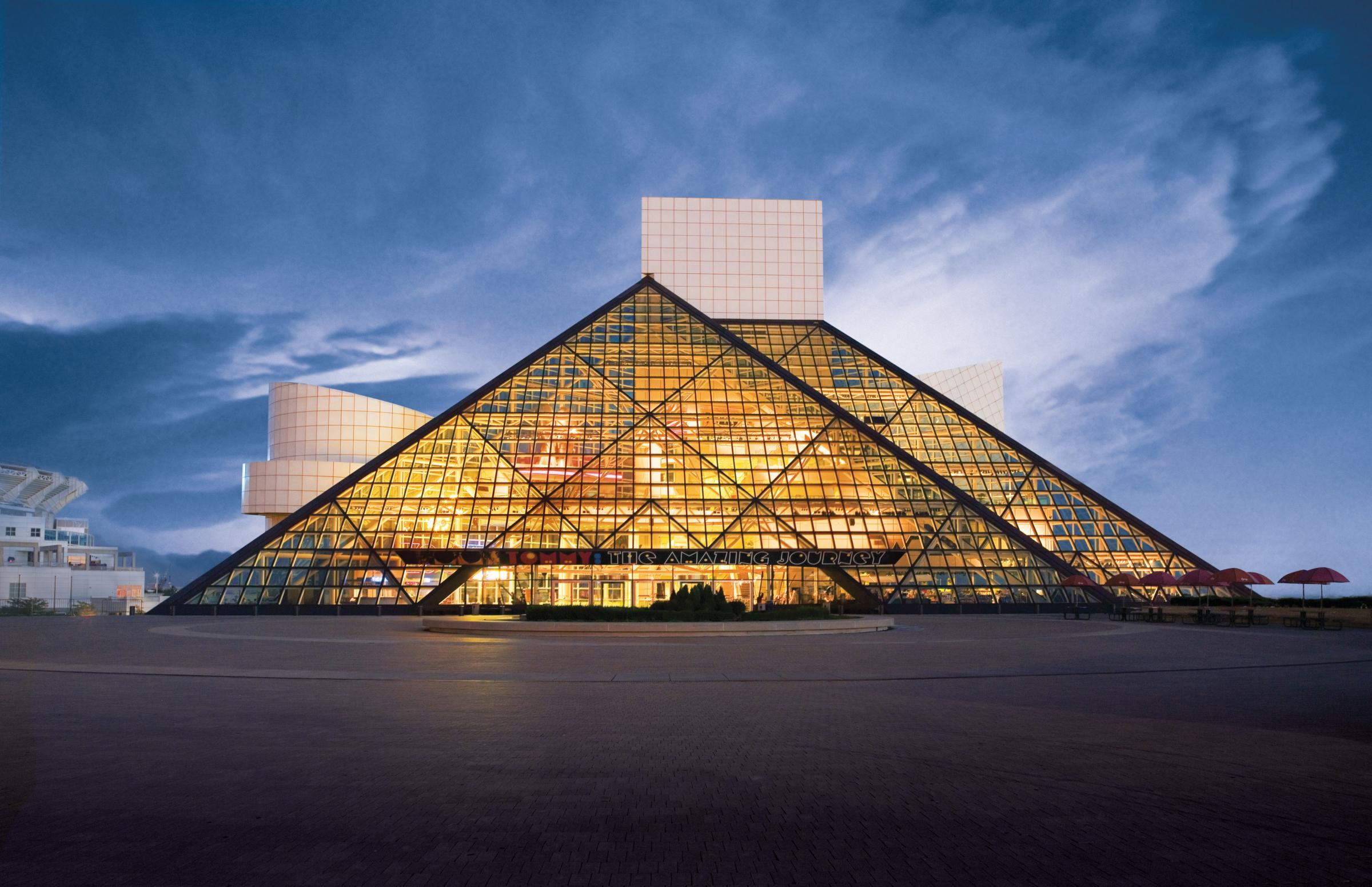
Beyond being the home of a certain Hall of Fame—one reason the city ranked in the top 5 for its museums—Cleveland can claim to have created the concept of rock ’n’ roll: the term was coined by Cleveland deejay Alan Freed in the early 1950s. To step into one landmark from that era, catch a live show at the Beachland Ballroom, which started life as a Slavic community center in 1950 but by 2000 was hosting rock bands. Today, Cleveland’s music scene also thrives at indie places like The Grog Shop and the Music Box Supper Club. Meanwhile, if you didn’t have a seat for this year’s Hall of Fame induction ceremony, you can now catch monthly live shows, Sonic Sessions, at the museum. Perhaps ironically, Cleveland also scored well in the survey for relative peace and quiet.
No. 5 Minneapolis/St. Paul
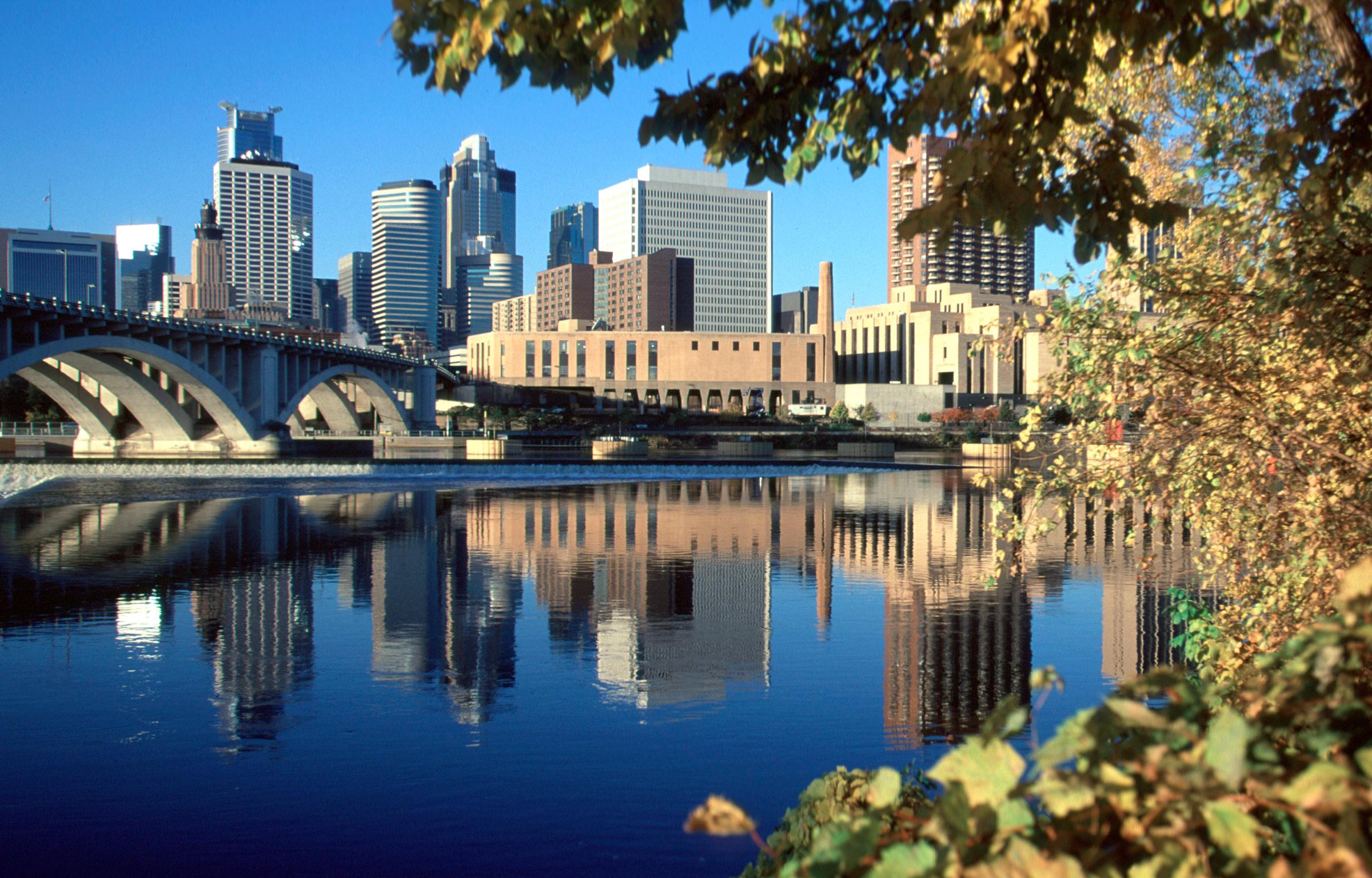
Readers declared these Minnesotans to be the smartest people in the U.S., which clearly correlates with good taste in music. Rock ’n’ roll scholars will certainly want to stop at Minneapolis’s First Avenue, where local bands like the Replacements and Husker Du once cut their teeth, and where native son Prince filmed part ofPurple Rain. For the more classically inclined, the new hotspot is the Ordway Center for Performing Arts—home of the St. Paul Chamber Orchestra—already renowned for its great acoustics, thanks to unique wall panels and concrete floors. For a night of good music and good food—Minneapolis and St. Paul ranked well for both diners and notable restaurants—go to Dakota Jazz Club & Restaurant, which specializes in jazz, blues, and sustainably grown ingredients.
No. 6 Los Angeles
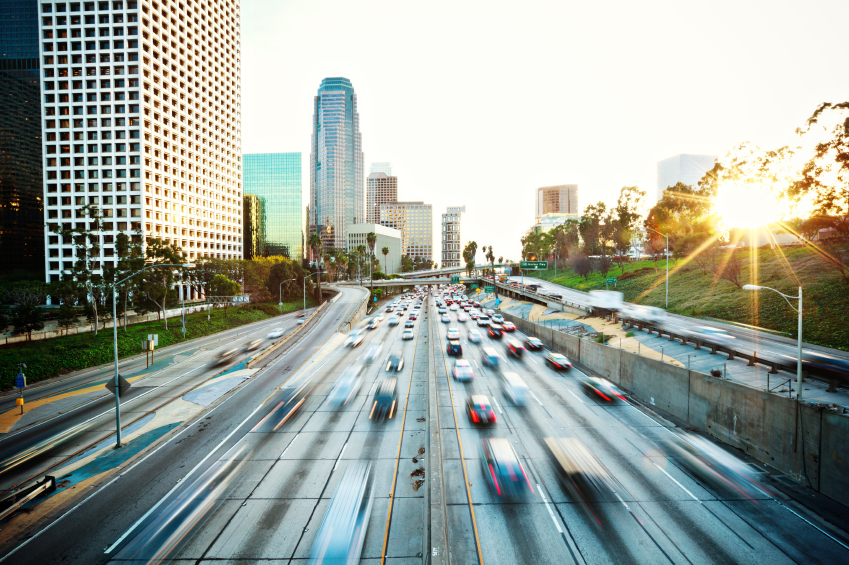
Readers gave L.A. high marks for its colorful people-watching—still a worthy diversion along the most famous stretch of its music scene, the Sunset Strip. Here, the Whisky a Go Go hosted the Doors and Janis Joplin back in the day, and The Roxy, first opened by David Geffen, had Neil Young as it first act in 1973. To see more future stars, go to spots like songwriter-friendly The Hotel Café, off Sunset; indie-magnet The Echo and Echoplex in Echo Park; and the newcomer Theatre at downtown’s Ace Hotel. L.A. is not just for the rockers, of course: the acoustics and the “house band” (the Los Angeles Philharmonic) at the Frank Gehry-designed Walt Disney Concert Hall could make anyone a classical-music lover.
No. 7 New York City
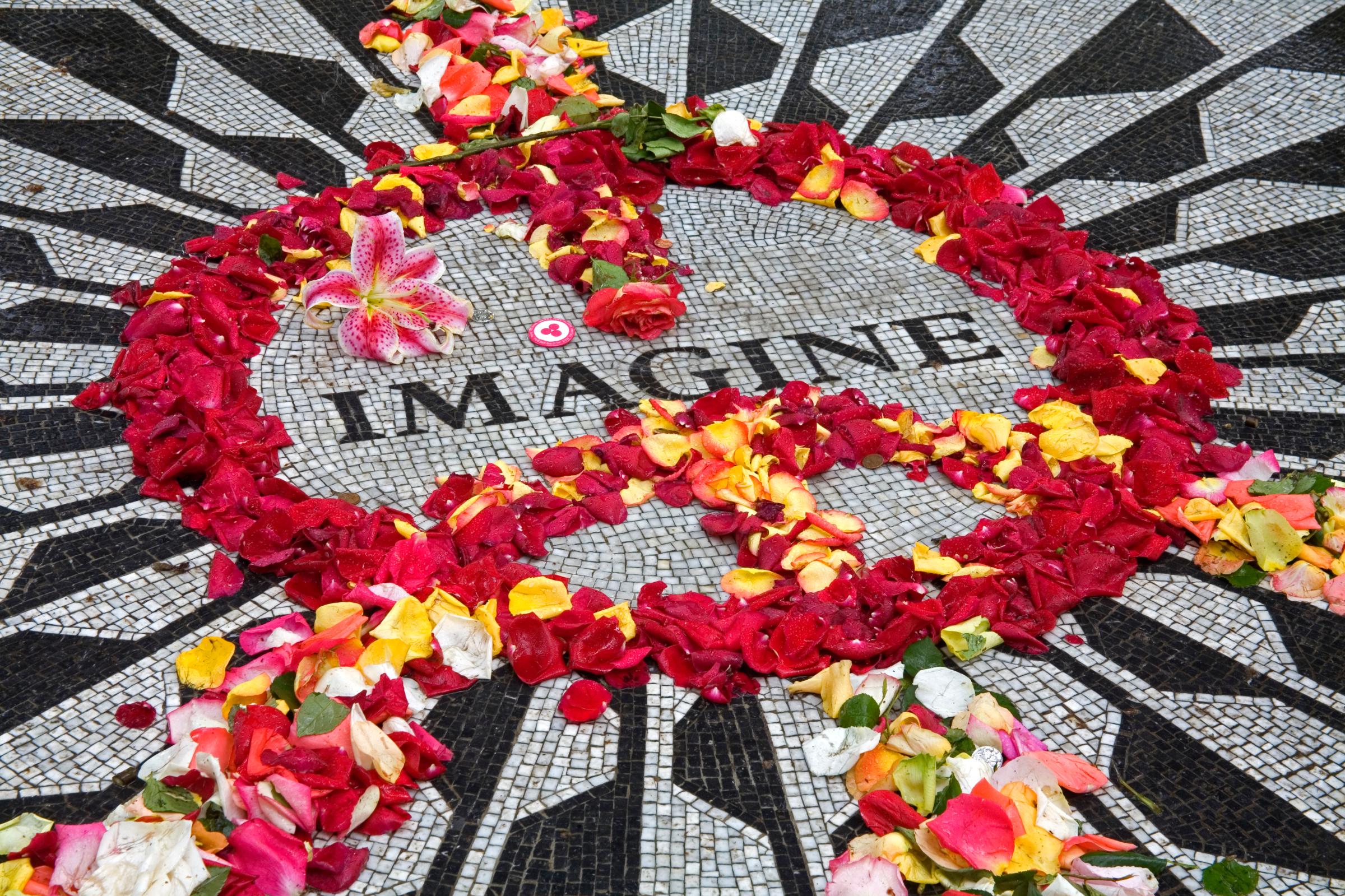
The Big Apple could easily make the top 10 on its musical history alone— found at such landmarks as the Apollo in Harlem, the Village Vanguard, and the standard-setting Carnegie Hall. And while the cradle of punk, CBGB, is now gone, the East Village is still the go-to neighborhood for cutting-edge music, at spots like The Bowery Electric—which offers anything from new wave to blues and folk—to Lit Lounge, which includes an art gallery and Sunday-night punk karaoke. Readers also gave NYC props for shopping, and you can still find several fabulous record stores around the city, like the classical vinyl at Academy Records & CDsand the eclectic mix at Williamsburg’s Earwax Records. Music snobs will find plenty of kindred spirits: New Yorkers struck readers as being a little elitist.
No. 8 Memphis
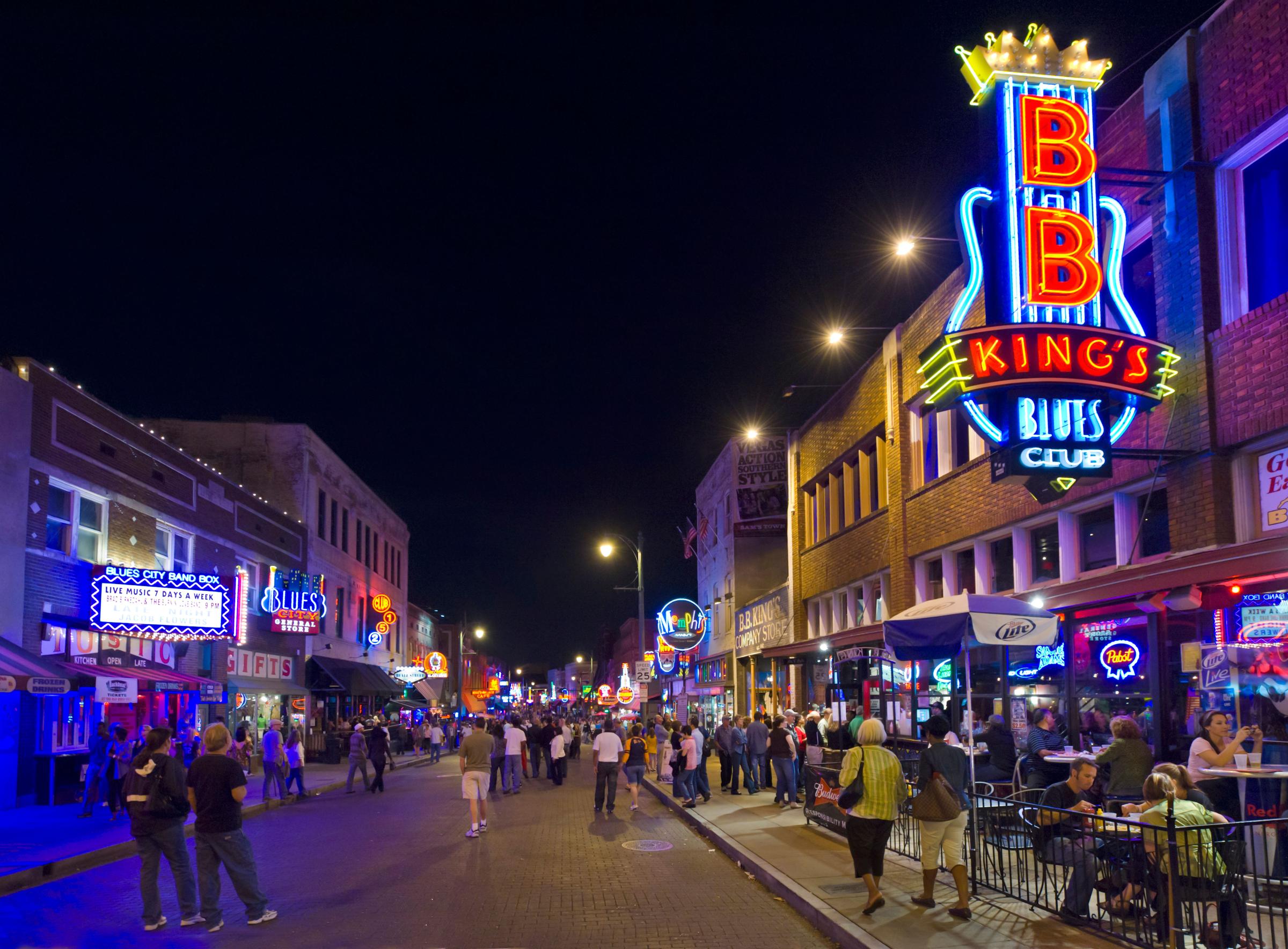
As the home of the blues—and Graceland, the ultimate pilgrimage for Elvis fans—it’s easy to lose yourself in the Tennessee city’s storied musical past. You can still see free blues, jazz, or even opera at Overton Park’s Levitt Shell (where Elvis had his big debut) and up-and-comers at two recently reborn venues:Lafayette’s Music Room in Overton Square and Hi Tone, in the reemerging Crosstown Arts district. While readers were generally more interested in the city’s barbecue than its pizza, you can find both at Coletta’s‚ a red-checkered-tablecloth classic that boasts of being the birthplace of BBQ pizza—and of being Elvis’ favorite pizza parlor. Blue suede shoes aside, locals ranked near the bottom of the survey for style.
No. 9 Louisville
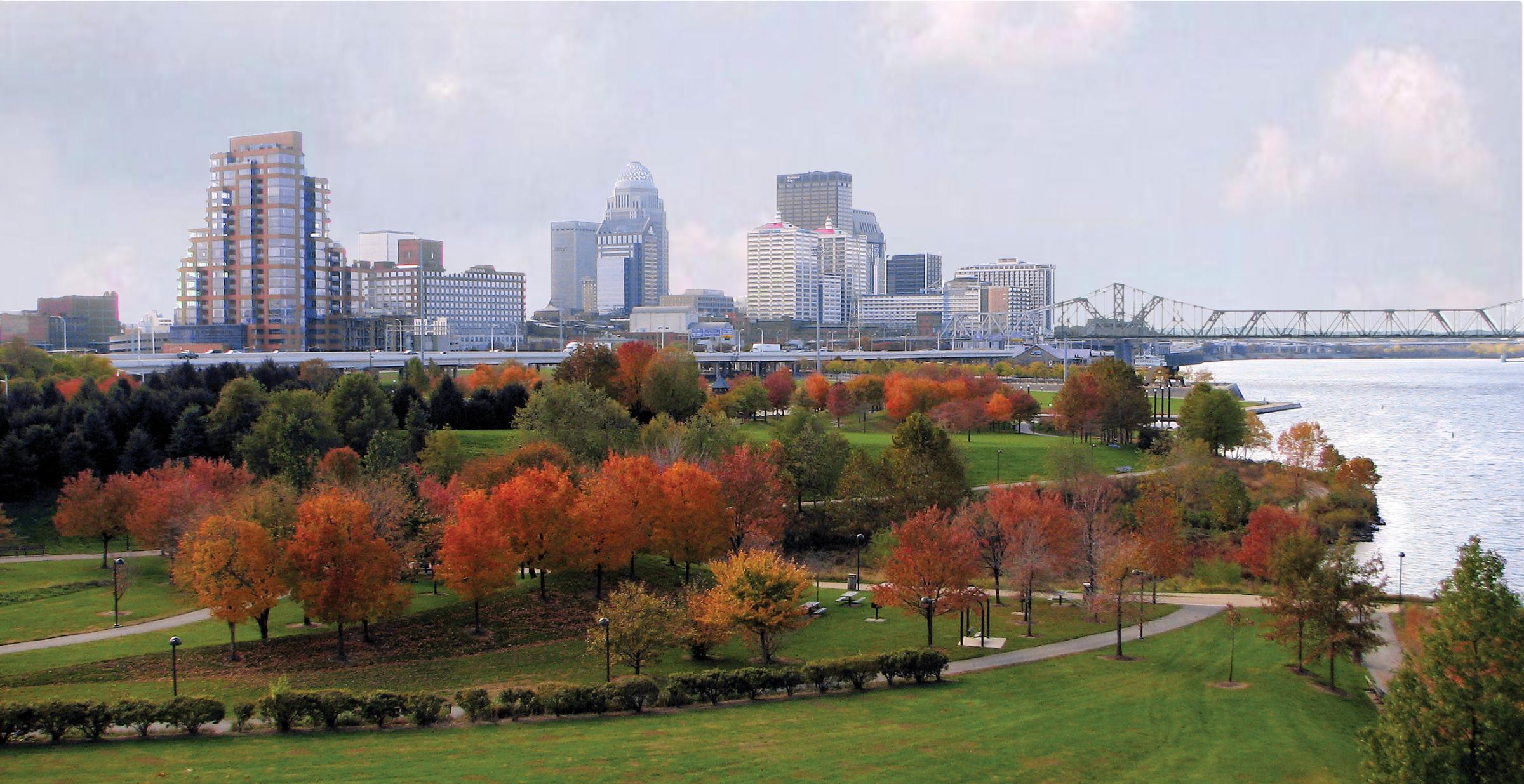
The Kentucky city made the musical top 10 for its long bluegrass heritage, but also for its solid hipster culture—cultivated by its good coffee bars, craft beers (like the aptly named Bluegrass Brewing Co.), and indie-pop-oriented music venues. To hear the best local bands, go to The New Vintage in Germantown, Haymarket Whiskey Bar, or Zanzabar, which also features a vintage arcade and a school-cafeteria-style lunch line. To experience more downhome-style music, come in the fall for the Kentucky Bluegrass and Bourbon Experience, held by the Louisville Water Tower.
No. 10 Houston
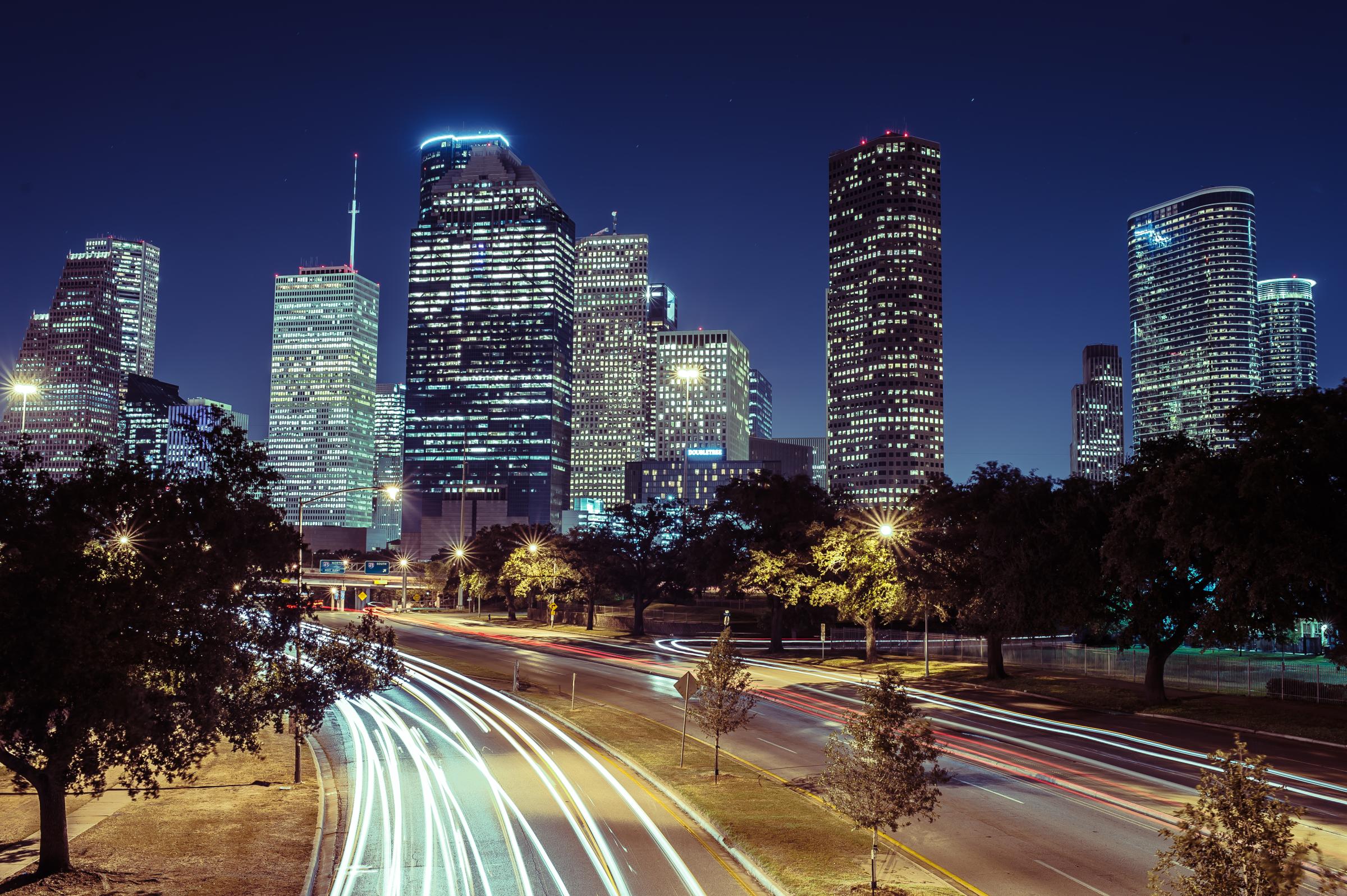
It may not be as well known as Austin for its music scene, but this Texas hub still made the top 10, perhaps for its cosmopolitan combination of high-brow culture (like the acclaimed Houston Grand Opera) and crowd-pleasers. Sure, there is still the boot-scooting crowd (remember, Urban Cowboy took place in Houston), who go to old-style country joints like Dosey Doe, located in a former tobacco barn; but Houston also has a long-time punk haven, Mango’s. Singer-songwriter fans, meanwhile, will love the Montrose bar Anderson Fair (where Lyle Lovett first got his start). To combine a love of barbecue and music, look for the giant armadillo with glowing red eyes outside Goode’s Armadillo Palace, the dance hall next door to the legendary Goode Co. restaurant.
No. 11 Chicago
The City of Big Shoulders may have made its musical mark with its blues and jazz scenes (still thriving, thanks to places like Buddy Guy’s Legends), but it also stays relevant with annual festivals, like the Chicago Blues Festival, Pitchfork in the summer, and the metal-friendly Riot Fest. Chicago is also a hotbed for Americana acts—at venues like Pilsen’s Thalia Hall, Hyde Park’s The Promontory or Wicker Park’s 1st Ward (the latter attached to a hipster-worthy butcher shop and salumeria). Music geeks who want to do some good instrument shopping—and heady people-watching—should stroll the aisles of the Chicago Music Exchange, a wonderland of vintage and new electric guitars that has been known to attract shoppers like Wilco’s Jeff Tweedy and even Johnny Depp.
No. 12 Kansas City
The city that inspired its own early-rock song—famously performed by Little Richard, James Brown, and the Beatles—gives both music fans and meat-lovers reasons to sing: it also won the survey for the best barbecue. There are also more than 40 jazz venues around the city, from classics like the Blue Room (inside the American Jazz Museum) to hot newcomers like the no-cover Green Lady Lounge. For both burnt ends and soul-searching blues, go to B.B.’s Lawnside Barbecue, where the pit has been smoking ribs for more than 60 years. One reason not to have the blues in KC: it won the survey for feeling affordable.
No. 13 Atlanta
Despite its big-city status, Atlanta still knows how to keep it country. Go to Midtown’s Red Light Café, for instance, and you can catch its Bluegrass Thursday, or the renowned Americana Open Mic on Wednesdays—featuring roots rock, C&W, and folk. For alt-rock, go to The Earl, in East Atlanta, where munchies include boiled peanuts and fried okra. Outside town in Decatur, meanwhile, Eddie’s Attic can claim to have helped launched the careers of locals acts Sugarland and the not-so-twangy John Mayer.
No. 14 Seattle
With its notoriously melancholy skies, the Pacific Northwest city has been a fertile breeding ground for iconoclastic rock stars, from Jimi Hendrix to Heart and Nirvana. To experience the next big things, your best bets are spots like the revamped Columbia City Theater, the hip-hop-friendly Crocodile in Belltown, or the Americana-rich Tractor Tavern in Ballard. If you’re not the club type, you can always bang drums, play DJ, and browse pop-culture exhibits (like the current display of Star Wars costumes) at the Experience Music Project—or even see live shows at the museum’s Sky Church venue.
No. 15 Las Vegas
This is the home of a musical venue with 10 stage lifts—built so that Celine Dion could have a reasonable place to perform. No doubt, Sin City’s music scene may be best known for its epic concert residencies, from the Canadian chanteuse to Cher and Elton John. But Caesars’ Colosseum is not the only mind-bending place to see a show in Vegas—The BLVD Pool at the Cosmopolitan, for instance, converts into a giant stage with a 65-foot screen. For smaller crowds, stick with Vinyl at the Hard Rock, or Brooklyn Bowl at the Linq, where you can see touring acts, bowl, and tuck into the fried chicken and chocolate-chip bread pudding from NYC transplant Blue Ribbon.
No. 16 Portland, OR
As a high-scoring city for both quirkiness and hipness—and most recently giving the world the band the Decemberists—Portland has a unique and thriving indie music scene. Appropriately, the coolest venues have interesting twists: Mississippi Studios and Bar Bar is a former Baptist church (and offers cocktails like a lavender-infused vodka cocktail called Ken’s Friend), and downtown’s McMenamin’s Crystal Ballroom has a mechanized, “floating” dance floor that gives your moves a softer sensation. As an alternative to all of the alternative options, you can also see famed jazz drummer Mel Brown three nights a week at Jimmy Mak’s.
No. 17 Philadelphia
If the City of Brotherly Love embodies the American spirit, then it doesn’t get much more American than Chris’ Jazz Café, an old-school club with multiple sets a night and democratic discounts for students. The globally-minded Ben Franklin might have also enjoyed the World Café Live, a University City venue affiliated with local radio station WXPN, which boasts of “music for grown-ups” and has supper-club-style seating. Even punks like to snack: At Union Transfer on Spring Garden, every concert features a post-show happy hour with locally churned scoops from Little Baby’s Ice Cream. Otherwise, readers might go for some late-night cheesesteaks: the city’s sandwiches ranked at No. 3 in the survey.
No. 18 Providence, RI
Readers commended this collegiate state capital for its smart and attractive locals. And like any cool college town, Providence has an ever-rotating crop of homegrown bands, like Deer Tick (which named one recent album Divine Providence) and The Low Anthem. The latter indie-folk band was instrumental in the launch of the city’s reigning cool music venue, the Columbus Theatre, a former XXX theatre in Federal Hill. Other hotspots include downtown’s Aurora and Olneyville’s Fete (which is about to debut its own pizza café).
No. 19 Denver, CO
Readers love this city for its macho side: outdoor pursuits, craft beer, and burgers. But this is also a longtime jazz town, once nicknamed the Harlem of the West. Today, you can relive that era at the 1940s-supper-club-style Nocturne, in the RiNo Arts District, which offers jazz every night, as well as a no-TV “Social Hour” where they spin classic jazz on vinyl. The Colorado city also made the top 20 for its festivals—like JazzFest Denver, the Five Points Jazz Festival, and the more-rockin’ Underground Music Showcase.
No. 20 Miami
The Florida city has two famously distinctive musical personalities—and both inspire a lot of dancing, helping the city rank at the top of the survey for both nightclubs and wild weekends. To groove to Electronic Dance Music ’til dawn (or even later ), go to E11even, open 24 hours. And if you want to soak up the Latin music scene, head to the clubs along Calle Ocho in Little Havana, like Hoy Como Ayer or Ball and Chain, which ups the ante with karaoke and a menu featuring the Elena Ruz—a Cuban sandwich with cream cheese, strawberry jam and turkey—named after a famed 1930s socialite.
No. 21 Pittsburgh
Locals in this Pennsylvania city made a solid showing in the survey for being a little quirky—and their best music venues are unabashedly offbeat. One is the Mr. Smalls Theatre, in Millville, a former Catholic Church that now has studio space (50 Cent recorded here), an art gallery, and an adjoining skate park. Or, you can head to bowling alley Arsenal Bowl in Lawrenceville—where bands occasionally take over two lanes to create a stage. Or, ring the buzzer on Wednesday nights at the Allegheny Elks Lodge, where hipsters, old-timers, and kids alike come for the free shows and sing-alongs hosted by the Pittsburgh Banjo Club, which typically numbers around 40 pickers, backed up by horns.
No. 22 San Francisco
As the song says, they built this city on rock ’n’ roll: not only did readers like the city’s lovely architecture, but there are plenty of significant musical landmarks, from venues like The Fillmore to the Haight-Ashbury house where the Grateful Dead once lived. Deadheads, meanwhile, will want to visit in early August for Jerry Day, the annual festival at the Jerry Garcia Amphitheater in the Excelsior District. And as proof that this city still corners the market on unique, a must-see for both jazz and gospel fans is the Saint John Coltrane African Orthodox Church, which does noon services every Sunday, and guests are invited to bring their own instruments.
No. 23 Detroit
The Motor City offers a rich musical time machine: at the Motown Museum, you can stand in Studio A, with its original instruments and equipment, where the Jackson 5, Stevie Wonder and the Supremes recorded some of their biggest hits. Or, you can see a show at the Majestic—which, when it opened in 1915, was the biggest of its kind in the world. To explore the local jazz scene, check out the still-thriving Cliff Bell’s and Baker’s Keyboard Lounge, both of which date back to the 1930s. It’s not all in the past, though: to experience a great dive bar with local acts, go to The Old Miami, which first opened in 1975 for local veterans and still offers an excellent old-school jukebox. For an equally old-school meal, readers also loved the city’s square pizzas.
No. 24 Boston
Readers gave Beantown high marks for its sense of history, but music lovers get their own version of the old days, minus the tri-corner hats: The first House of Blues opened here in 1992, while a plucky little band named U2 made their first U.S. appearance in 1981 at the Allston club Paradise Rock Club (known to locals as The ’Dise). To go back even further, head to The Burren, in Somerville, which is renowned for its traditional Irish music, accompanied by Guinness beef stew.
No. 25 Dallas
Big D gets a bad rap from readers in this year’s survey—like, for its seemingly snooty locals, more inclined toward luxe shopping than whooping it up. But the neighborhood of Deep Ellum is proof that this city has an artsy side. Here you’ll find public murals, plenty of bars, and great rock-and-indie venues—like Dada, with its outdoor patio, Trees and the recently reopened Bomb Factory, whose building has been, over the past century, a Ford factory and a WWII munitions plant. Deep Ellum is even home to the Eight Track Museum, which is devoted to the much-maligned recording format and connected to the musically themed Orphic Gallery.
More from Travel + Leisure:
More Must-Reads from TIME
- Donald Trump Is TIME's 2024 Person of the Year
- Why We Chose Trump as Person of the Year
- Is Intermittent Fasting Good or Bad for You?
- The 100 Must-Read Books of 2024
- The 20 Best Christmas TV Episodes
- Column: If Optimism Feels Ridiculous Now, Try Hope
- The Future of Climate Action Is Trade Policy
- Merle Bombardieri Is Helping People Make the Baby Decision
Contact us at letters@time.com